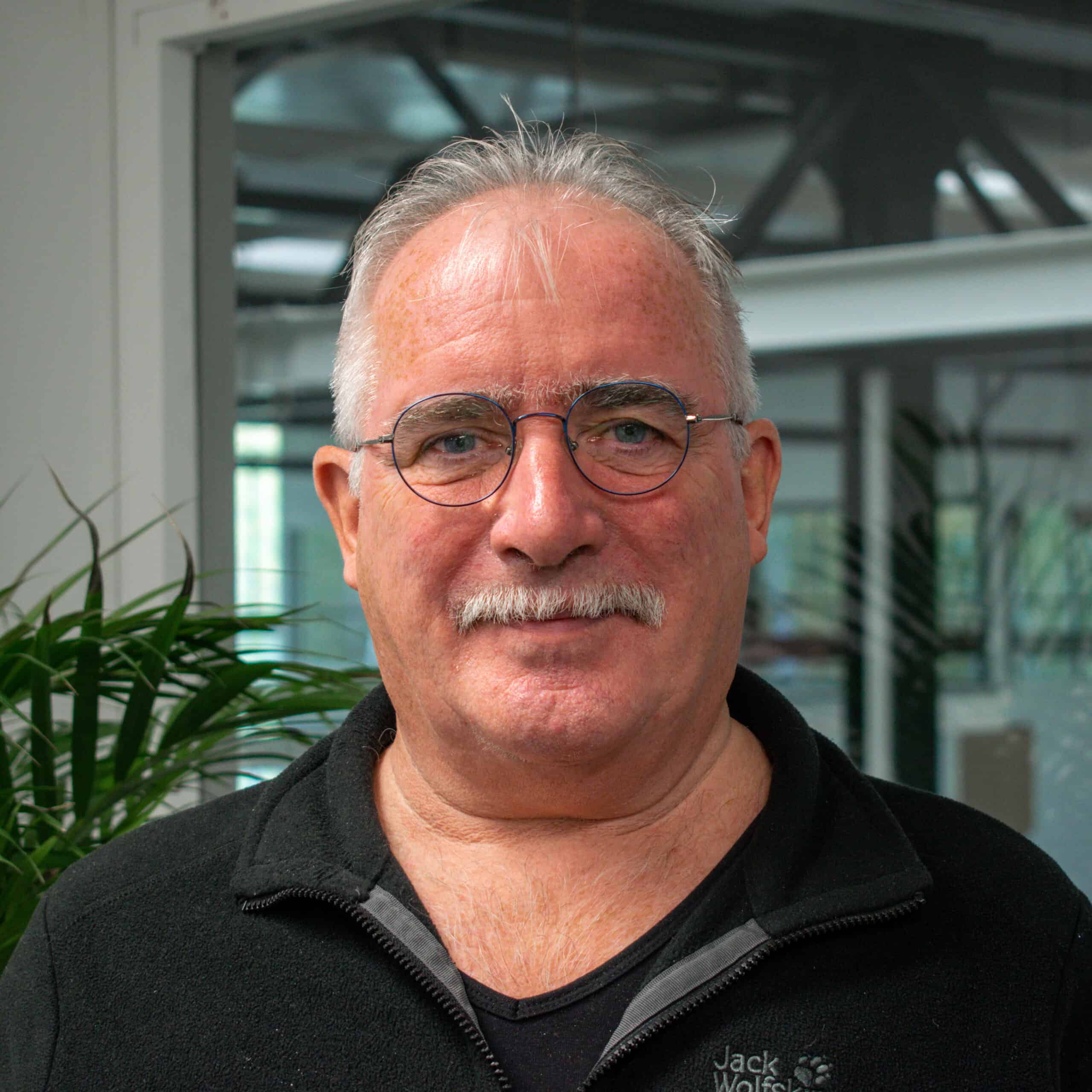
What Klaas Dijkhoff and Tom de Bruyne said in their lecture at the High Tech Campus in Eindhoven last Friday was actually nothing new. After all, people tend to prefer to buy an appliance because of a silly red button on the control panel than on the basis of a solid test report. Still, it was enlightening. And frightening at the same time. After all, these are no longer times when we can afford to make rash decisions. But are we, as homo ludens, capable of being that sensible?
Apart from the fact that we usually like to make decisions on emotional rather than rational grounds, our minds also have trouble with large units. In the highly esteemed Dutch monthly magazine Onze Taal (about the Dutch language and linguistics), Fieke van der Gugt explains how we prefer quantifying inconceivable volumes and figures into how many bathtubs, soccer fields, or a row of caravans from here to the moon and back again they represent.
I was reminded of that article when John Kerkhoven from the energy agency Kalavasta explained on the Dutch NPO radio station just how much Putin pockets daily from the gas we buy from Russia: €35 million per day. Which doesn’t mean much to us; but this certainly does: Each Dutch person pays €2 every day. That makes you stop and think.
Kerkhoven believe that we have to take drastic measures to stop financing that terrible war. But then again, thinking a bit further ahead is another thing that the human brain is not very good at. So, that is why we would rather go on vacation this summer than spend the money on buying a heat pump.
In the end, as the Dutch say: ‘de wal zal het schip keren’ (shore will always turn the ship. – i.e., a bad situation will change out of necessity). The gas tap is going to be turned off, coal is no longer being brought into the Netherlands and, energy-wise, we are going back to the 1950s. Just a small heater in the living room, a hot water bottle for the bed, and if you want to stay up a bit longer, just put on an extra sweater. Frost on the windows and washcloths frozen in the sink. Evenings with a lukewarm cup of tea and go to bed on time, because that spares the use of lighting and therefore electricity.
If we make some very wise decisions, we may be able to avoid that scenario. The strange thing is, however, if that were to happen, then human beings know how to adapt to those circumstances surprisingly well and quickly. And that is another comforting thought.
I wish you all an innovative week!
Arnoud Cornelissen
Editor Innovation Origins
P.S: On Sunday April 10, we will be tinkering with our website. Be sure to check it out later. A completely new layout will make our selection of articles even more easy to navigate.
Skip ahead to the overview of our latest stories here!

